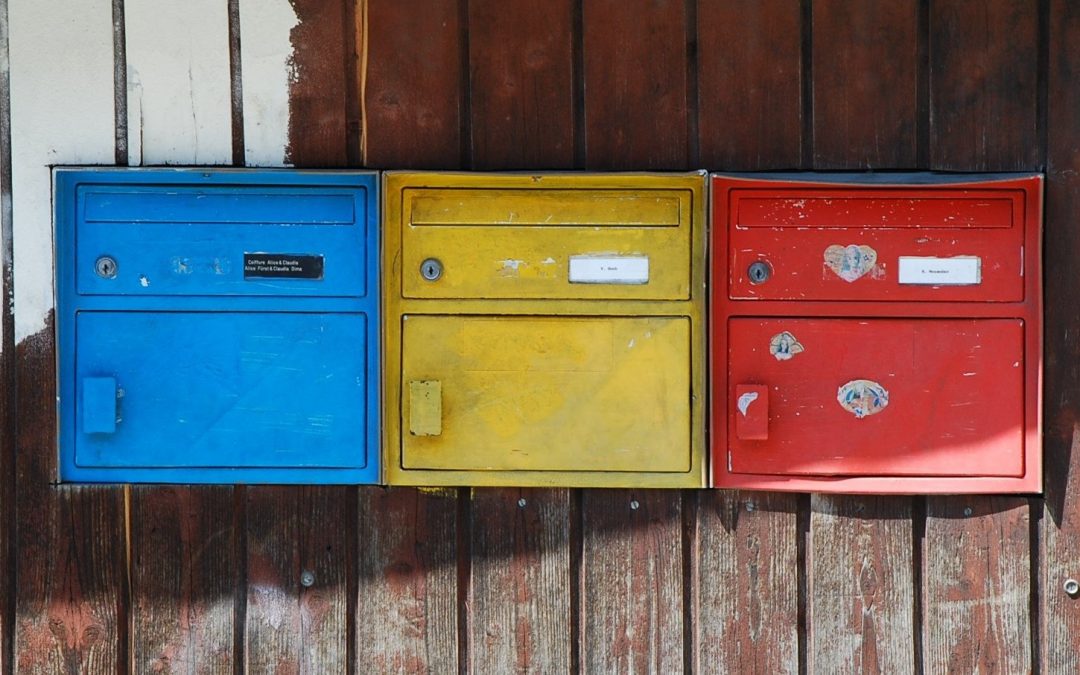So much is being written and said about blockchain these days – often highly technical, theoretical or difficult to fully comprehend. We would like to take a shot at explaining blockchain to you in as simple a way as possible.
For simplicity’s sake we will omit everything which does not need to be mentioned and would likely cause confusion:
So what is blockchain actually? The word “blockchain” denotes, as the name suggests, a chain of blocks which are linked one after the other. The blockchain is basically a database, in other words a piece of software in which data can be stored. The chain is started by the “genesis block”, with all additional blocks first being checked before they are added on chronologically. So far, so good.
Who invented the blockchain? A man with the pseudonym Satoshi Nakamoto came up with the concept for the virtual currency Bitcoin. He needed something that would function as a common, official ledger for all users. Along the lines of a giant excel file, but in which one could only add new entries and not delete any existing ones.
So is blockchain not just the same thing as Bitcoin? Blockchain, as a theoretical and technical substructure, represents far more than Bitcoin or other, similar, cryptocurrencies. Bitcoin is related to blockchain in the same way that the world wide web is related to the internet – one specific example as opposed to the entire platform.
What is so special about blockchain? Firstly, a blockchain is a distributed database. It is not stored on any one specific computer. Rather, each user has their own, complete copy. Secondly, a blockchain is impossible to forge: each new block is connected with the previous one and contains the history in the form of a check total (like a sum of the digits). In addition, every block also contains a check total for the entire chain. This ensures that the order of the blocks is unmistakable. Thirdly, all data is saved in an encrypted form. Taken together, these factors effectively prevent corruption and manipulation. The entire network mutually authenticates the blockchain across the entire distributed network, creating its own “Source of Truth”.
What can a blockchain be used for? Transactions or information that has been saved in a blockchain can be considered genuine and tamper-proof as a matter of principle, so they don’t need anyone to administrate or certify them. This means that blockchain facilitates business models which can exclude the middle man, for instance trading in securities without requiring a bank or buying a house without needing a notary. “Smart Contracts” which have hardcoded rules and functions could replace conventional paper contracts, while musicians and other artists would be able to commercialize their digital rights in a more nuanced way. The objective is basically to ensure that the transactional parties occupy center stage and to enable peer-to-peer communication between them.
What does this really mean in practice? Blockchain technology has the potential to be particularly disruptive for the finance sector. Accordingly, there has already been a rush to research this subject (naturally, nobody wants to miss the boat and become superfluous overnight). On the whole, blockchain promises faster and less expensive financial services. And not only for customers – banks would also no longer need to maintain their own costly, centralized IT infrastructures.
“By means of blockchain, entire processes can be verified and secured. In the final analysis, this can also impact on the transmission of messages – senders and recipients could be definitively authenticated,” explains Eberhard Rohe , Account Director Business Development Banking & Insurance at Retarus. “It’s great that we have our eye on this technology. As a first mover, significant opportunities could arise for us, provided that blockchain stands the test of time and proves to be more than a short-lived trend.“
In other sectors, development has not thrived to the same extent. Even so, Greece and Honduras are considering deploying blockchain for their land registries. In the more distant future, elections may take place somewhere around the globe, in which blockchain ensures that fraud is no longer a possibility.
Has blockchain only got advantages? Despite all the euphoria about the new, virtually unlimited opportunities offered by blockchain, the new technology does indeed have its weak points. Particularly worth a mention are the (still) limited individual scalability, comparatively low throughput rates, data storage space restrictions, user rights which are difficult to administrate and last, but not least, the difficulties in integrating with existing legacy systems at companies.
Blockchain is still mainly a vision for the future – and a whole lot of hype. Most of the ideas are as yet half-baked, and the prospects for success are still a matter for conjecture in many sectors. That’s why blockchain is in fact not always deployed where it is advertised as playing a role. In many ongoing projects, analysts estimate that there is rather a kind of “blockchain washing”, similar to the attempt during the early 2010s to sell legacy IT as a “private cloud”, or “blockchain tourism” in which minor proofs of concept exist alongside core systems.
tl;dr Blockchain is a distributed, encrypted and thus impossible-to-forge database, which has a great deal of potential. Including the potential to put a lot of today’s middle men out of business.
Further reading:
Scott Rosenberg | There’s a blockchain for that!
Andy Greenberg | How Craig Wright Privately ‘Proved’ He Created Bitcoin
Simon Sharwood | Failing projects pray blockchain works as ‘magic middleware’
Even further reading (in German, sorry):
Maik Klotz | Gar kein Mysterium: Blockchain verständlich erklärt
Karsten Seibel | Blockchain ist die Revolution des Geldverkehrs
Johannes Boie | Diese Technologie wird die digitale Welt verändern
Christoph Bergmann | Ethereum: Das bessere Kryptogeld?
Moritz Jäger: Blockchain | Eine Technik zwischen Hype und Wirklichkeit
Simon Hülsbömer und Bill Genovese | Definition, Vorteile, Nachteile: Was ist Blockchain?
Jane Wild, Martin Arnold and Philip Stafford | Das Rennen um die Blockchain





